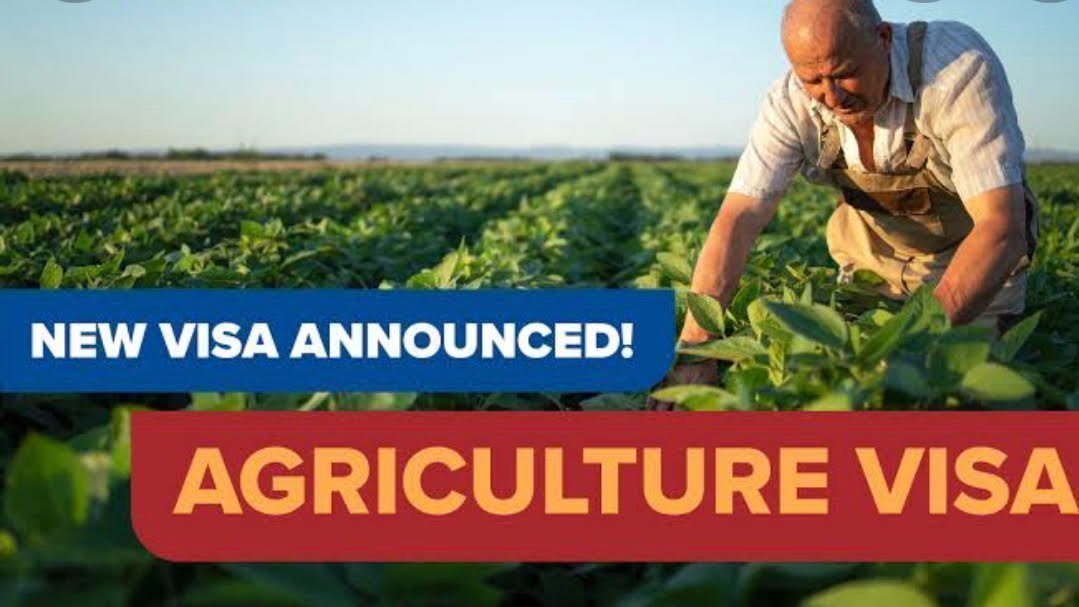



Article by: Hari Yellina
In the face of continued criticism from the labour movement, farmer organisations are asking participants to stick to the plan for the agriculture visa. The federal government’s ag visa programme took effect from October 1, 2021, but no countries have formally accepted it. The delay, according to federal agriculture minister David Littleproud, is due to the fact that foreign minister Marise Payne has yet to complete bilateral agreements with the four countries. In a radio interview earlier this week, Mr Littleproud stated, “She offered a guarantee to both myself and the prime minister, who made a commitment to the NFF and the National Party that we would have an ag visa as part of the UK free-trade agreement.”
“As a result, we anticipate completion in the next weeks. We’ve already done the groundwork, but we’ll need to engage with certified employers and labour hire organisations to be able to move swiftly once a country signs up.” While it is clear that Indonesia is in talks, it is unknown with whom the other three countries are negotiating. There has been conjecture that it may be Vietnam, the Philippines, or Cambodia, but according to a report in the Thai newspaper The Pattaya Mail, Thailand’s labour minister, Suchart Chomklin, is in talks to allow Thai residents to participate in Australia’s ag visa programme.
On the contrary, the Australian Workers’ Union has demanded that the ag visa be abolished. The AWU has spoken out against the visa, claiming that it will encourage exploitation and abuse in the horticulture industry. The AWU is said to have urged South East Asian countries to refuse to sign up for the visa. The meetings the AWU has had with ambassadors are confidential, according to AWU national secretary Daniel Walton. “But, if some countries are now formally withdrawing from the visa programme, I can confirm that this is fully consistent with the tone of our negotiations. I expect the rest to follow suit in the near future “Mr. Walton explained.
Growcom, a horticultural group based in Queensland, has retaliated, urging all farm labour activists to focus on the “common aims” of increased worker wellbeing and productivity. Recent AWU activism, according to Growcom CEO Stephen Barnard, appears to be more aimed toward doing political damage ahead of an election. “The AWU’s scorched-earth attitude to activism, not just with the Australian agriculture visa but with farm labour issues in general,” Mr Barnard said, “serves no one but their own narrow self-interest of dominating space in the media.” In the meantime, everyone else is getting on with the critical business of developing a visa programme that ensures worker safety while also providing long-term access to reliable and productive seasonal labour so that the farmers can keep putting food on the table.
You might think that the AWU would have embraced the ag visa as an opportunity to help shift industry’s reliance away from backpackers and toward a cohort entitled to even better circumstances if it had been implemented at a different time and under different leadership. “At this point, we’re not holding our breath for a shift in strategy, but we’ll gladly welcome them back to the table whenever they’re ready.”